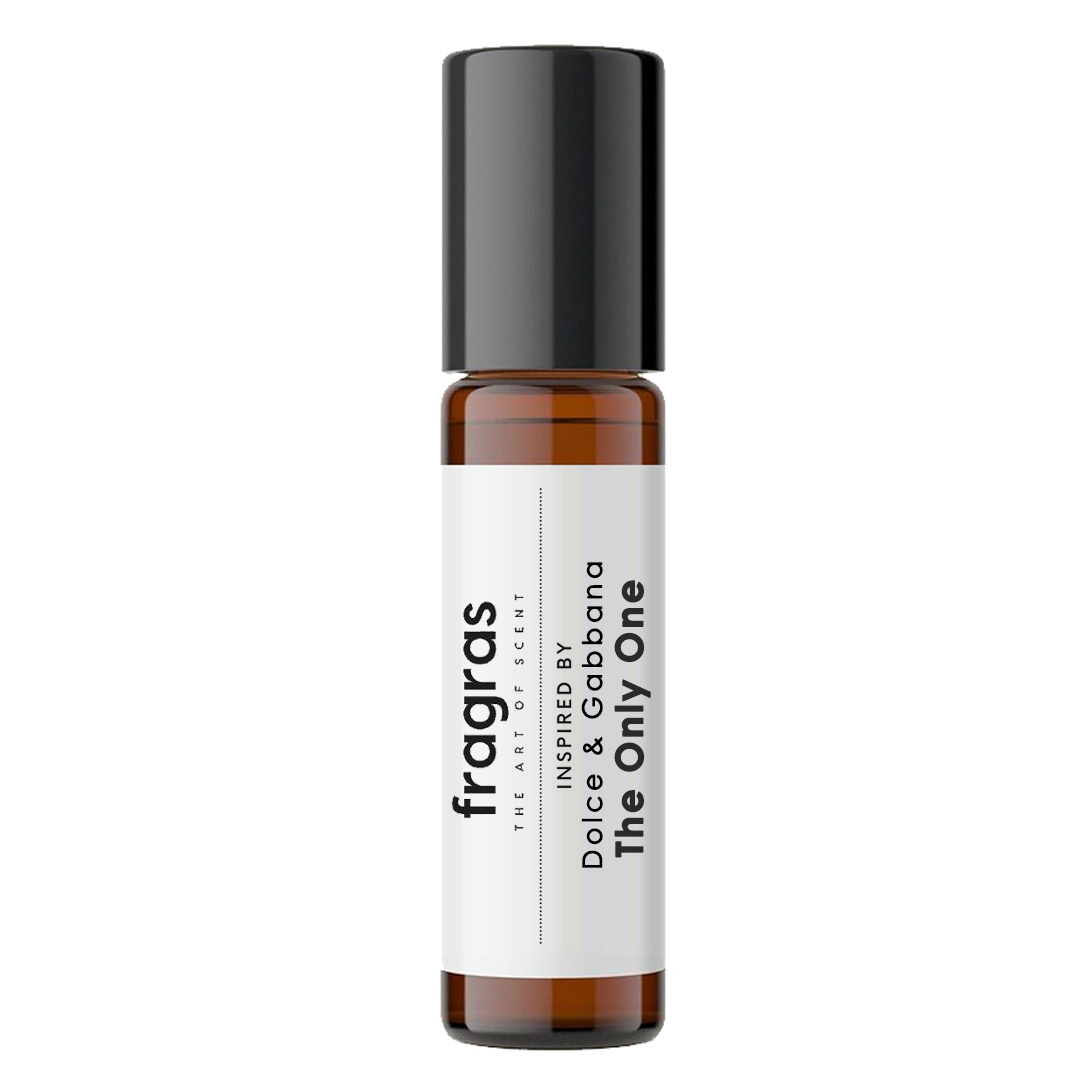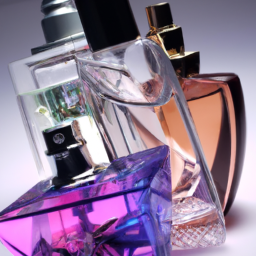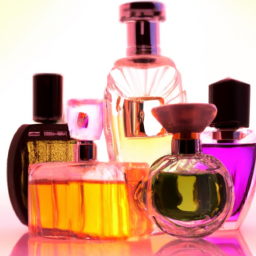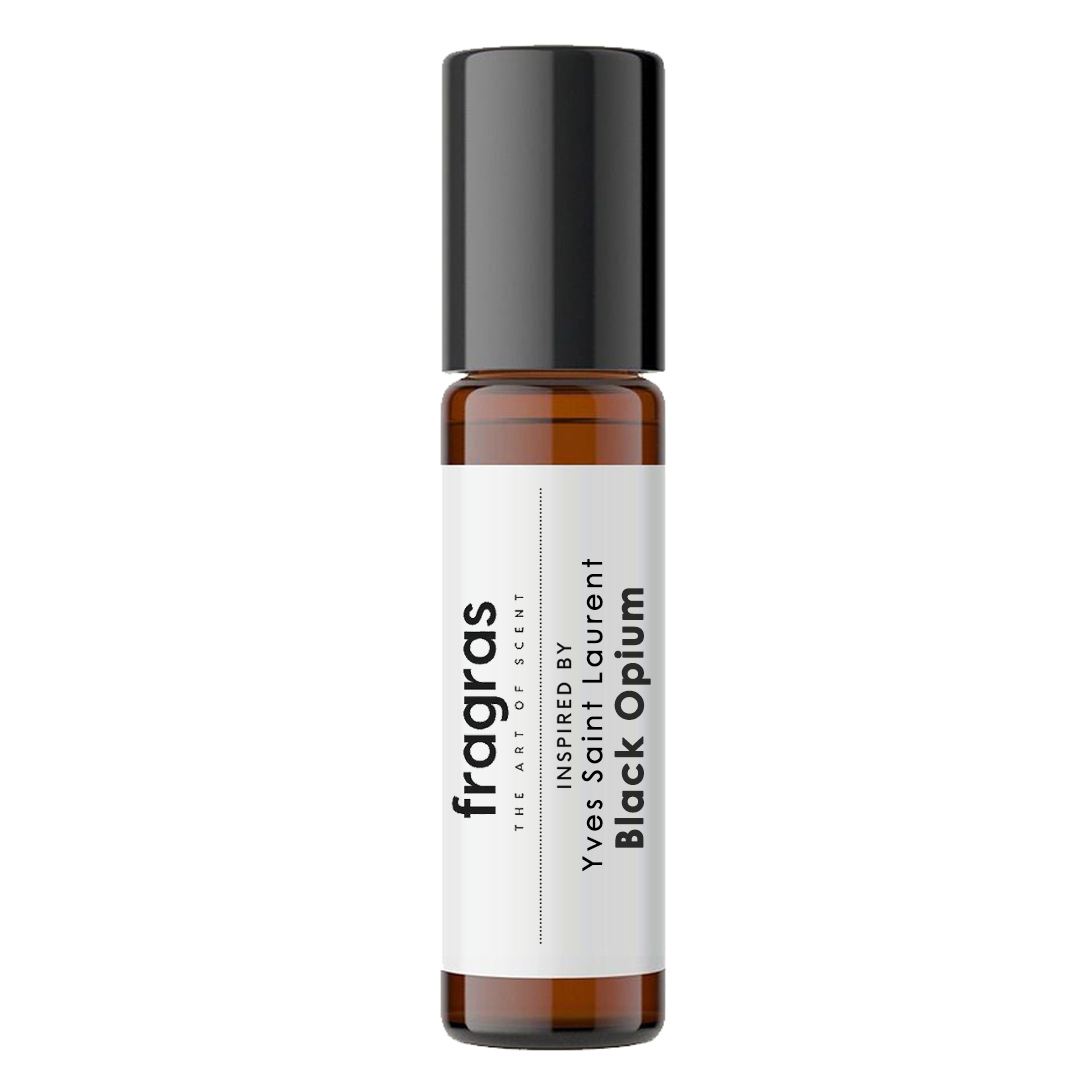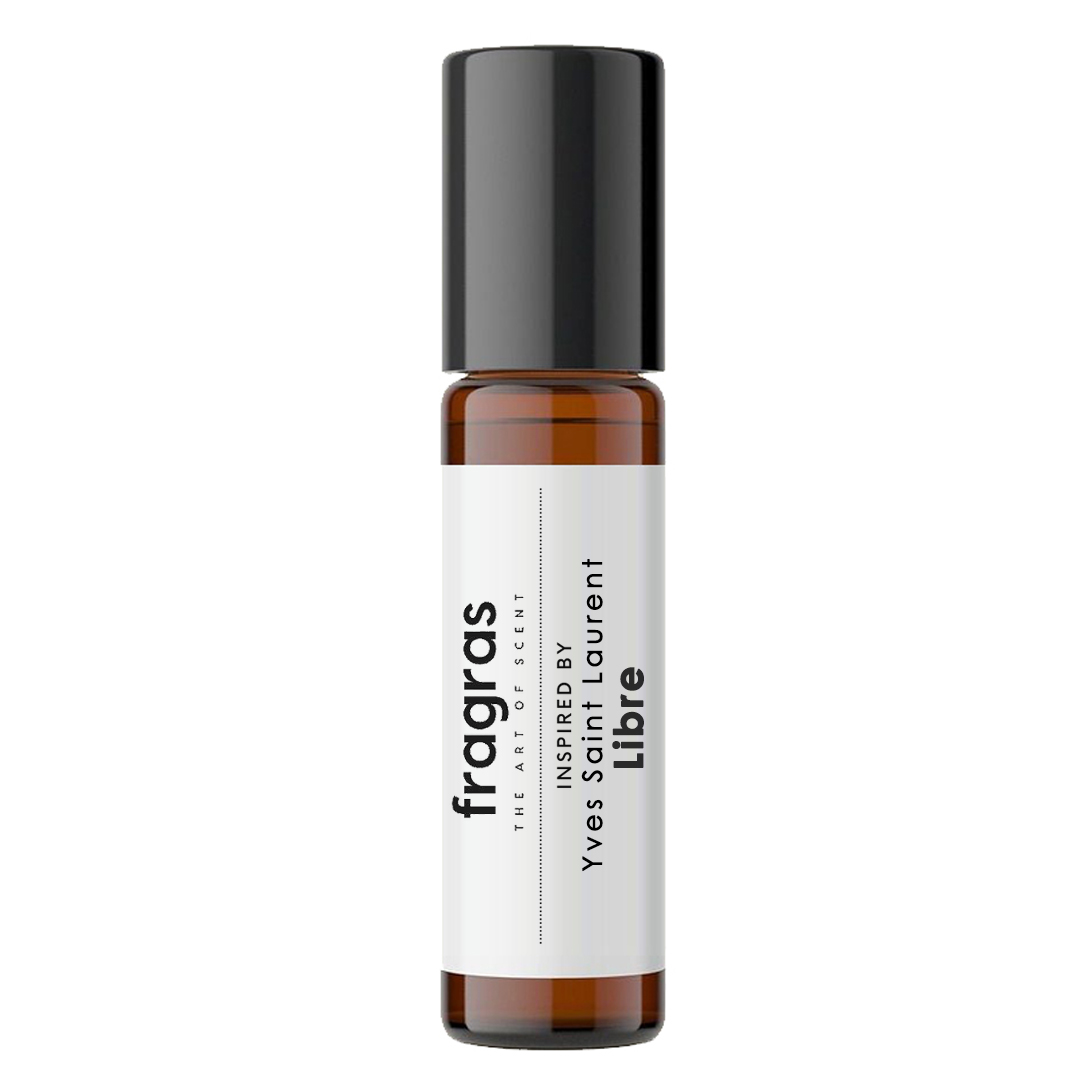
Ylang ylang is an essential oil derived from the flowers of the Cananga odorata tree, a tropical plant native to Southeast Asia. The oil is extracted from the petals of the flower through steam distillation, producing a sweet and floral fragrance with a hint of spice.
The ylang ylang tree is an evergreen tree that can grow up to 20 meters tall. Its yellow-green flowers are often used in perfumery due to their strong fragrance and ability to blend well with other scents. In addition to perfumery, ylang ylang is used in aromatherapy, cosmetics, and traditional medicine.
Ylang ylang is one of the most commonly used ingredients in perfumery, prized for its sweet, floral, and exotic aroma. Its popularity in perfumery can be traced back to the early 20th century when the French perfumer François Coty discovered its unique scent and began incorporating it into his fragrances.
The essential oil of ylang ylang is extracted from the flowers of the Cananga odorata tree through steam distillation. The oil has a complex aroma, with a range of notes that can include sweet, floral, fruity, and even slightly spicy or earthy undertones. This complexity makes ylang ylang an incredibly versatile ingredient in perfumery, allowing it to be used in a wide range of fragrance families.
One of the most notable uses of ylang ylang in perfumery is as a base note. Base notes are the foundation of a fragrance, providing depth and longevity to the scent. Ylang ylang’s warm, sensual aroma makes it an ideal base note, adding a rich, complex character to a fragrance. It is often used in combination with other base notes such as vanilla, musk, and sandalwood.
In addition to its use as a base note, ylang ylang is also used as a heart note in many perfumes. Heart notes are the middle layer of a fragrance, providing the body and character of the scent. Ylang ylang’s sweet, floral notes make it a popular choice for heart notes, particularly in floral and oriental fragrances. It is often paired with other floral ingredients such as jasmine, rose, and neroli to create a rich, complex floral bouquet.
Ylang ylang is also used as a top note in some perfumes, providing an initial burst of fragrance that fades quickly. Top notes are the first impressions of a fragrance, often providing a fresh, citrusy, or herbal scent. Ylang ylang’s fruity, slightly spicy aroma makes it a unique and unexpected choice for a top note. It is often used in combination with other top notes such as bergamot, grapefruit, and lemon to create a bright, fresh opening to a fragrance.
In addition to its use as a fragrance ingredient, ylang ylang has other benefits in perfumery. Its ability to blend well with other scents makes it a valuable tool for perfumers, allowing them to create complex, multi-layered fragrances. Its natural sweetness also makes it a popular choice for natural and organic fragrances, as it can provide a sweet, floral scent without the use of synthetic ingredients.
Overall, ylang ylang is a versatile and popular ingredient in perfumery, prized for its sweet, floral, and exotic aroma. Its ability to be used as a base note, heart note, or top note makes it a valuable tool for perfumers, allowing them to create complex and unique fragrances. Its popularity in perfumery shows no signs of slowing down, and it will likely continue to be a staple ingredient in many fragrances for years to come.
Luxury perfume brands such as Chanel, Tom Ford, and Guerlain have all incorporated ylang ylang into their fragrances. Chanel No. 5, one of the world’s most famous perfumes, contains ylang ylang among its blend of ingredients. Other fragrances that prominently feature ylang ylang include Tom Ford’s Black Orchid and Guerlain’s Shalimar.
In traditional medicine, ylang ylang is believed to have various benefits, such as relieving stress and anxiety, promoting relaxation, and reducing inflammation. It is also used to treat skin conditions and improve hair health. In Indonesia and the Philippines, the flowers are often used in traditional wedding ceremonies as they are believed to have aphrodisiac properties.
In conclusion, ylang ylang is a versatile essential oil with a wide range of uses in perfumery, aromatherapy, and traditional medicine. Its sweet and floral fragrance makes it a popular choice for luxury perfumes, and it is often used as a base note to add depth and warmth to a scent.

